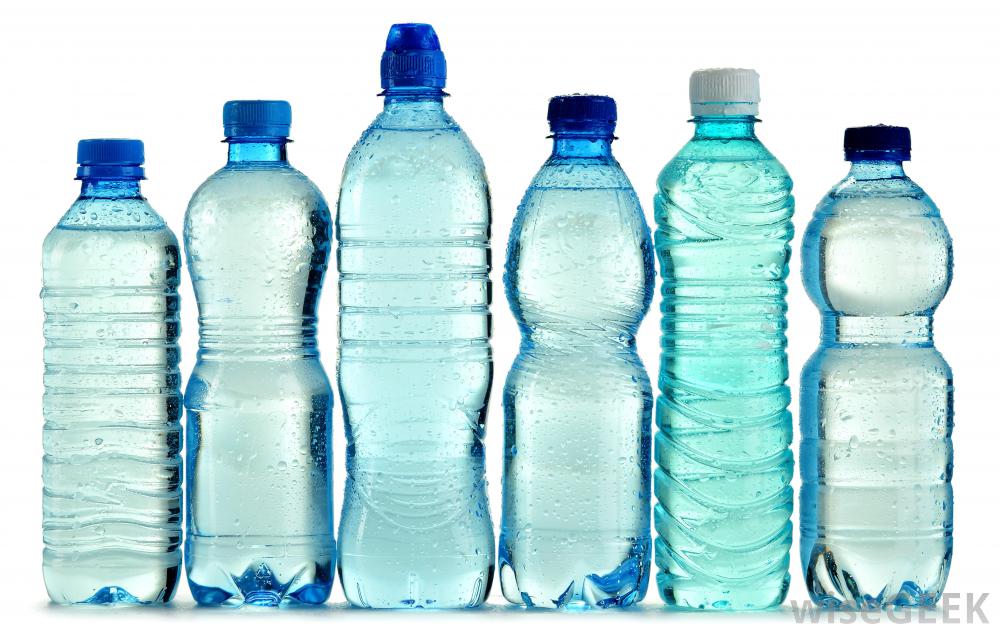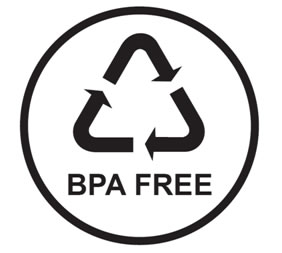In the past few years, I have noticed that certain plastic bottles have marketed that they are BPA free and safe for use. I then proceeded to wonder why they actively removed that “BPA” agent from the bottles and if this certain chemical was dangerous. What I found out was that BPA has been banned by many countries around the globe like France and Canada since some scientific research shows that BPA is may be inherently toxic. Turns out, along with BPA, there are may be thousands of other chemicals found in water bottles that may be detrimental to our health as we drink from them on a daily basis.

A study funded by the German Federal Environment Agency was conducted by German scientists to test water bottles and the chemicals actively found in them. They tested around 18 different water bottles from different companies and found nearly 25,000 chemicals present in the sample water bottles. They were looking specifically for EDC (Endocrine Disrupting Chemicals) which are known to to disrupt estrogen and androgen activity in the body and result in reproductive and developmental problems for individuals. 13 of the 18 commercially-sold water bottles tested showed significant anti-estrogen chemicals that disrupted these receptors by 60% and 16 out of 18 showed anti-androgenic chemicals in levels that could inhibit activity by 90%. They also tested tap water which showed no signs of any of these EDC chemicals. The chemicals found in these water bottles include maleates and fumerates which have been associated as EDCS and were found in most of the plastic bottles tested. According to Dr. Jennifer Landa, these EDC chemicals, though toxic, are not lethal or overwhelmingly detrimental to the general population. However, children and pregnant women should definitely be extremely cautious in avoiding contact with these substances. She states that EDCs may cause “stunted growth, early puberty, premature birth, infertility and early menopause – just to name a few.”
Though this is one particular study, the results are extremely alarming and should be taken into consideration, especially for individuals with high risks of complications from these chemicals like pregnant women and children. I find it very unlikely that this study could be a fluke, unless the methods used to chemically analyze the components in the plastic of the water bottles was faulty in some way.
There is also the famous chemical BPA (bisphenol A). BPA is a chemical found in plastic water bottles that has been the focus when it comes to health issues in the population who consumes them but has not been completely banned by the U.S. government. A study done by scientist Francis A. Champagne and his colleges and published in the Proceedings of the National Academy of Sciences of the United States of America showed that pregnant rats and their offspring showed an impact in “DNA methylation, gene expression, as well as anxiety-like behavior” when they were administered low doses of BPA. The research hasn’t deeply affected much of the beliefs about BPA since it was administered in animals; many still find it hard to truly consider results in rats as applicable to humans. However, if there is even a slight chance that this chemical may cause all those changes in one’s body, I personally believe it would be better that individuals limit their contact with plastic bottles containing BPA. Additionally, another study was conducted on the effects of BPA from drinking canned beverages severely increased an individual’s obesity and metabolic syndrome. Researchers tested 76 random Caucasian adult males for levels of BPA and its potential relationship with the diseases listed above. They found that the males who had higher levels of BPA in their bodies also had higher rates visceral adiposity (abdominal obesity) and found a positive correlation between high BPA levels and metabolic sydrome. However, the study may not be free from confounding variables like race and gender. Since only Caucasian males were tested the results of higher obesity rates and metabolic syndrome could have to something to do with something in the Caucasian population and males and not necessarily with BPA. Or maybe BPA affects these two groups more than others, which would also shed further negative implications on the BPA chemical overall. Lastly, since only 76 individuals were tested maybe the test sample was too small to acquire highly plausible results.

I believe that more randomized controlled studies and meta analysis on them should be conducted to be certain about the risks of BPA. However, if other nations are actively prohibiting BPA from being used in plastic and other materials, one can assume that there is truly something wrong with this endocrine inhibiting chemical and that the American population should also be protected from it. One can assume that it would be safer to find a replacement for such a potentially hazardous chemical than completely ignore it until more research is conducted, being that it could likely harm people in the long run if it does indeed generate health complications.

I have heard this argument many times before. Most of the time, when I hear about problems with water bottles, it has to do with freezing and/or reusing them. I have heard many times that both of these actions are very dangerous. Of course, I began to hear this after I had previously done so. It makes sense that the plastic would have toxic in it as a result of how it is made though. I found this post really interesting.